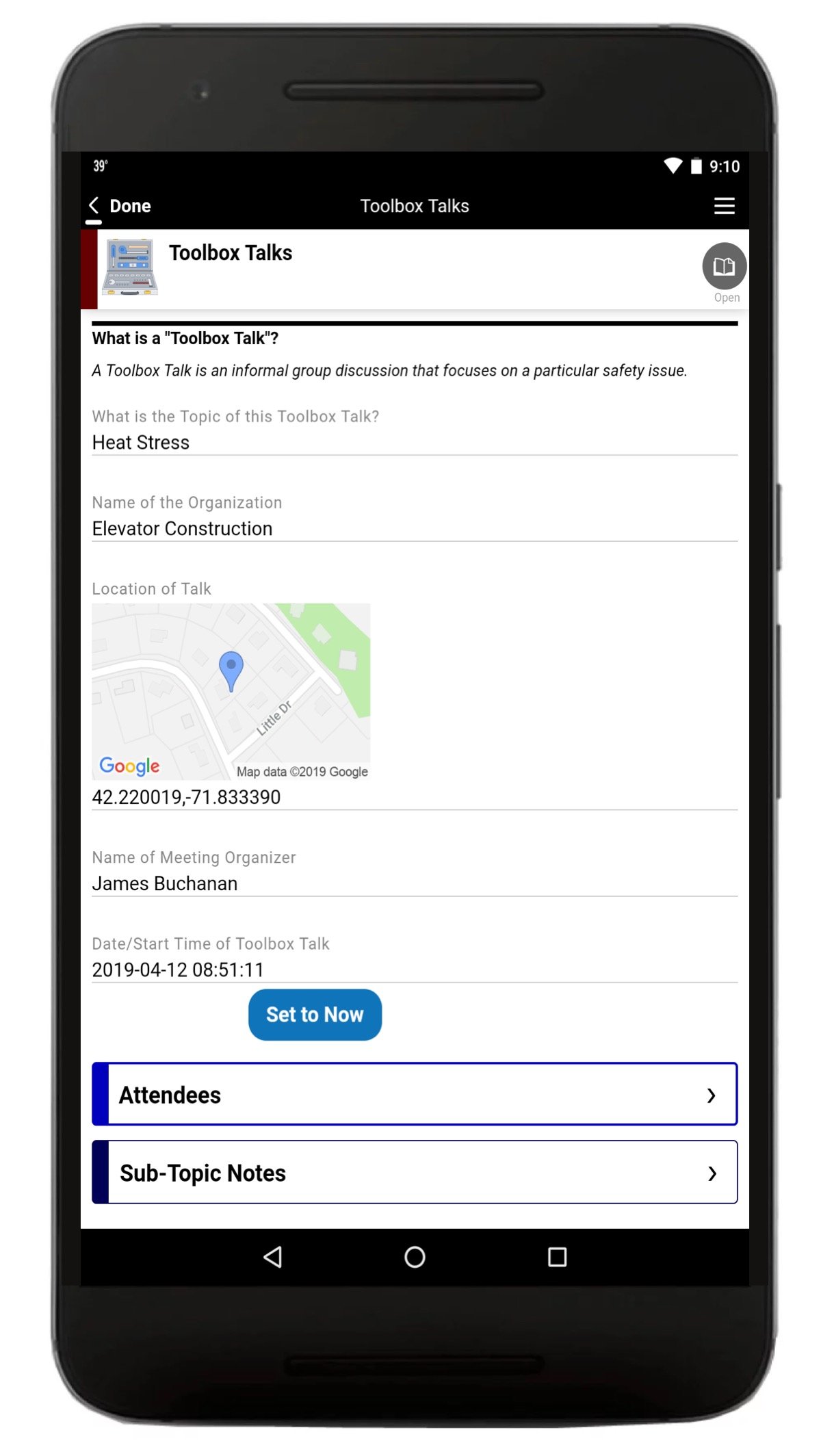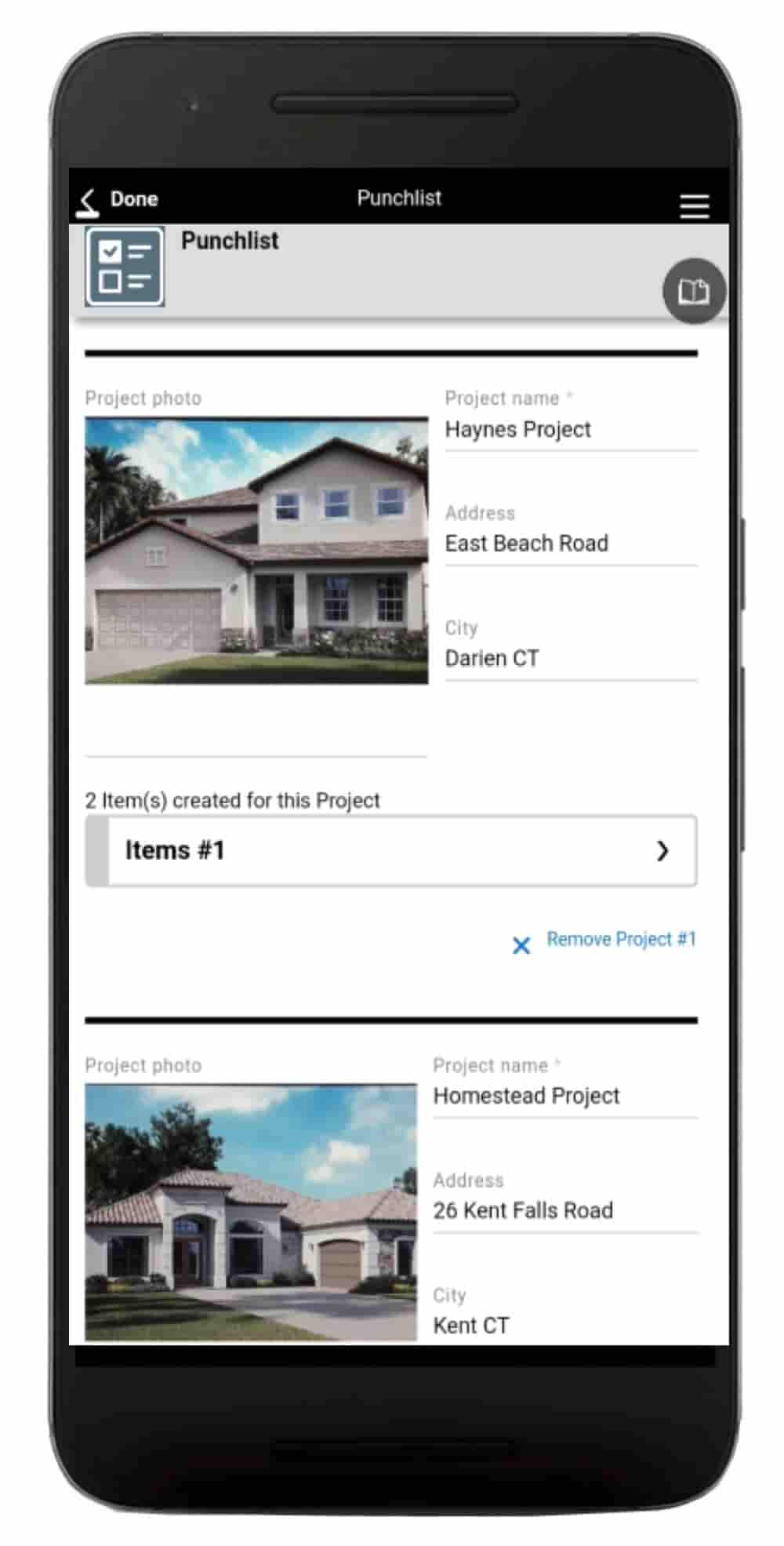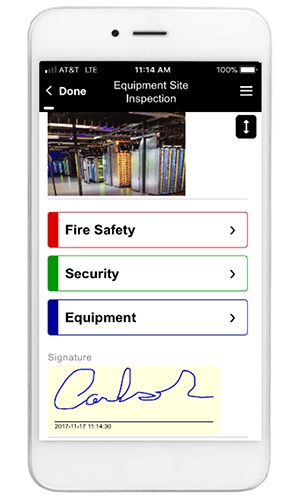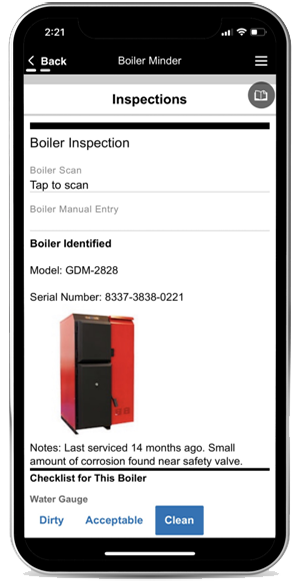There’s good news and bad news for the construction industry. The good news: There’s plenty of work to go around. The bad news: There’s a serious shortage or construction workers, which could hurt companies’ ability to do this work.
The Current State of the Labor Shortage in Construction
The most eye-opening statistic about the construction labor shortage comes from the U.S. Chamber of Commerce’s Commercial Construction Index, which found an astonishing 94 percent of construction companies saying they have difficulty finding skilled workers. The report also found, "Among the contractors expressing concern about worker skill levels, more than one-third (37 percent) believe the problem has worsened in the last six months, and almost half (47 percent) believe it will continue to worsen in the next six months."
There are plenty of skilled labor jobs that need to be filled. U.S. News and World Report cites statistics from the U.S. Bureau of Labor Statistics, that say the industry needs to hire, on average, 225,000 workers every month. A number of issues make it difficult for companies to hire all the workers they want, the article says. One is that younger people have been less interested in working in construction than in the past. Another is that fewer immigrants are coming into the United States — and immigrants make up a significant part of the construction workforce. An analysis by Natalia Siniavskaia, the assistant vice president of housing policy research at the National Association of Home Builders found that immigrants make up 30 percent of the construction workforce. In some states, including California and Texas, more than 40 percent are immigrants.
The construction labor shortage has been taking its toll on construction companies. A survey by the Associated General Contractors of America found that 79 percent of construction firms plan to expand their headcount in 2019, but 78 percent “report they are having a hard time filling salaried and hourly craft positions…In addition, 42 percent expect it will continue to be hard to hire in the next 12 months and 26 percent expect that it will become harder to hire in 2019.” Finding qualified skilled workers, or craft workers, to fill construction jobs is clearly a major problem for general contractors, project managers and large construction firms.
A survey by the Associated General Contractors of America found that 79 percent of construction firms plan to expand their headcount in 2019, but 78 percent “report they are having a hard time filling salaried and hourly craft positions…In addition, 42 percent expect it will continue to be hard to hire in the next 12 months and 26 percent expect that it will become harder to hire in 2019.”
The result? The report concludes, “These labor shortages are having an impact on construction costs and project schedules, association officials noted. One-third of respondents report that staffing challenges drove costs higher than anticipated. In reaction, 37 percent of firms are putting higher prices into new bids and contracts. Similarly, 34 percent report projects have taken longer than they anticipated.”
Intelligent Mobile Apps Can Fight the Labor Shortage
There’s evidence that the construction industry may face a labor shortage, in part, because of the inefficient way in which it works. A survey by PlanGrid and FMI found “35% of construction professionals time is spent (over 14 hours per week) on non-productive activities including looking for project information, conflict resolution and dealing with mistakes and rework,” and that non-productive activities like these cost the construction industry more than $177 billion in 2018 alone.
There’s a solution at hand for companies that want to fight the labor shortage: Build intelligent apps. These apps digitize business processes and paper, which enables construction companies to:
- Increase worker efficiency by reducing the hours spent on each daily activity.
- Capture the knowledge of more experienced workers in intelligent apps that can guide less experienced workers.
- Lower risk by eliminating data-entry mistakes and delayed access to critical data.
- Speed the capture and delivery of critical field data (even without a cell or WIFI signal)
- Utilize embedded business logic for best practices and workflows
- Integrate with existing databases and systems of record
To build those intelligent apps, construction companies can turn to Alpha TransForm. Alpha TransForm turns complex paper forms and business processes into offline-capable mobile apps in just hours. It allows enterprise mobile dispatch/data capture/ workflow apps to be built & deployed by non-developers, and enables more tech-savvy power users to meet more complex app requirements, such as bar-code scanning and on-device data lookups. One residential energy inspection company built a mobile app using Alpha TransForm that saved each inspector 15 hours per week doing home energy inspections (read the case study).
See how easily you could build mobile apps, ditch paper forms and do more with fewer workers.
Get a free license, complete with construction app templates.
Powerful Data Capture Apps for General Contractors, Inspectors and Supervisors
Safety Inspections • Non-Conformance Reports • Gemba Walks • Inventory • Certifications and Training •
Equipment Inspections • Work Orders • Time and Attendance • ISO Certifications •
Punch Lists • Dispatch • Licensing • Workplace Wellness • and more,,,











Comment